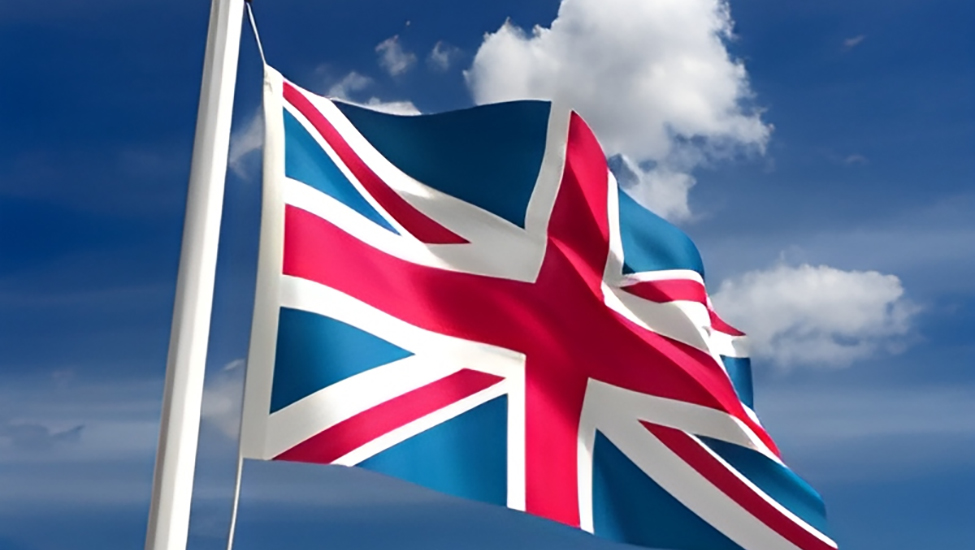The Newsletter n°440 — 10 mai 2010
La Lettre
—
10 May 2010
Elections/UK
1 January 1970

Elections/Netherlands
1 January 1970
Publication
1 January 1970
Commission
1 January 1970

Belgium
1 January 1970
Euro Area
1 January 1970
Parliament
1 January 1970
France/Germany
1 January 1970
Greece
1 January 1970
IMF
1 January 1970
Spain
1 January 1970
France
1 January 1970
ECB
1 January 1970
Council
1 January 1970
Bulgaria
1 January 1970
Italy
1 January 1970
Portugal
1 January 1970
Czech Republic
1 January 1970
OECD
1 January 1970
EU-Canada
1 January 1970

Greece
1 January 1970
eCall
1 January 1970

Spain
1 January 1970
Minors
1 January 1970
Albania
1 January 1970

Personal data
1 January 1970
Food
1 January 1970
USA
1 January 1970
Diplomacy
1 January 1970
Treaty/MEPs
1 January 1970
Security
1 January 1970
Transport
1 January 1970

Fisheries
1 January 1970
Luggage/Loss
1 January 1970

Climate
1 January 1970

Environment
1 January 1970
Election
1 January 1970
Elections
1 January 1970

Agreement
1 January 1970

Afghanistan
1 January 1970

Portugal
1 January 1970

Resignation
1 January 1970

150 years/unity
1 January 1970
20 years/Independence
1 January 1970

Speech/Nation
1 January 1970

Election
1 January 1970

IMF
1 January 1970

Elections
1 January 1970

Referendum
1 January 1970

Elections
1 January 1970

Milinkevich
1 January 1970

EU/Visas
1 January 1970

Ukraine
1 January 1970

Asylum
1 January 1970

Canada
1 January 1970
Agriculture
1 January 1970
Quality/Life
1 January 1970

Central Europe
1 January 1970

Future/EU
1 January 1970
IMF
1 January 1970
Europe
1 January 1970

Energy
1 January 1970
European Instinct
1 January 1970
Museum/Metz
1 January 1970

Exhibition/Berlin
1 January 1970
Exhibition/Lille
1 January 1970
Museum/Berlin
1 January 1970
Opera/Brussels
1 January 1970
Agenda
European Women Leading the Way
Should we be concerned about European competitiveness?
The European Space Context (after the ESA Ministerial Council meeting in 2025)
In support of European regulation that is compatible with growth
Democratic resilience in Europe in a polarised world
The Editors of the Newsletter :
Stefanie Buzmaniuk, Helen Levy
N°ISSN : 2729-6482
Editor-in-Chief :
Eric Maurice
Director of Publication :
Pascale Joannin
Any questions or suggestions?
Contact Us!







